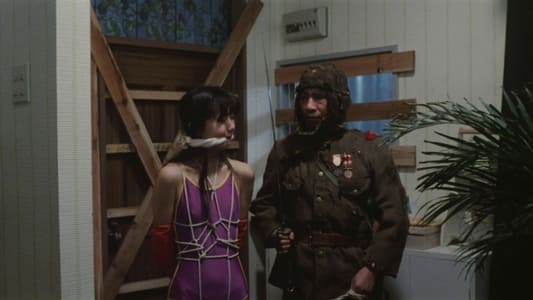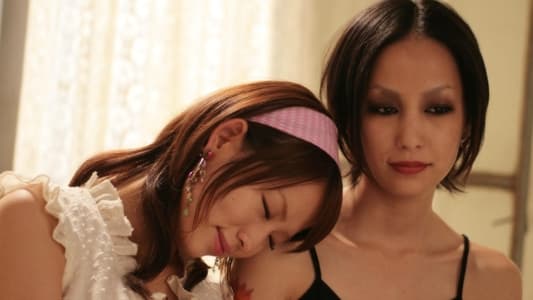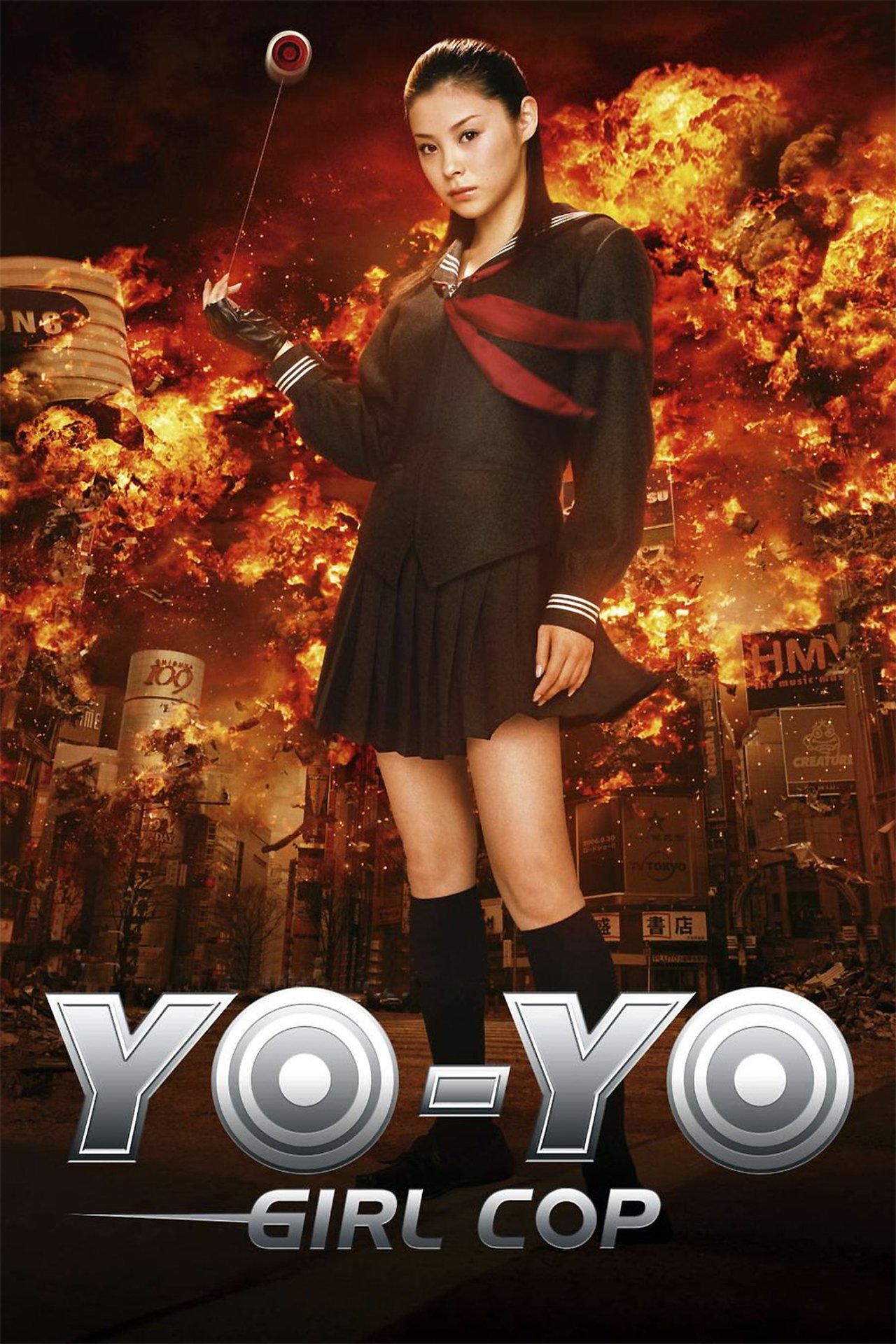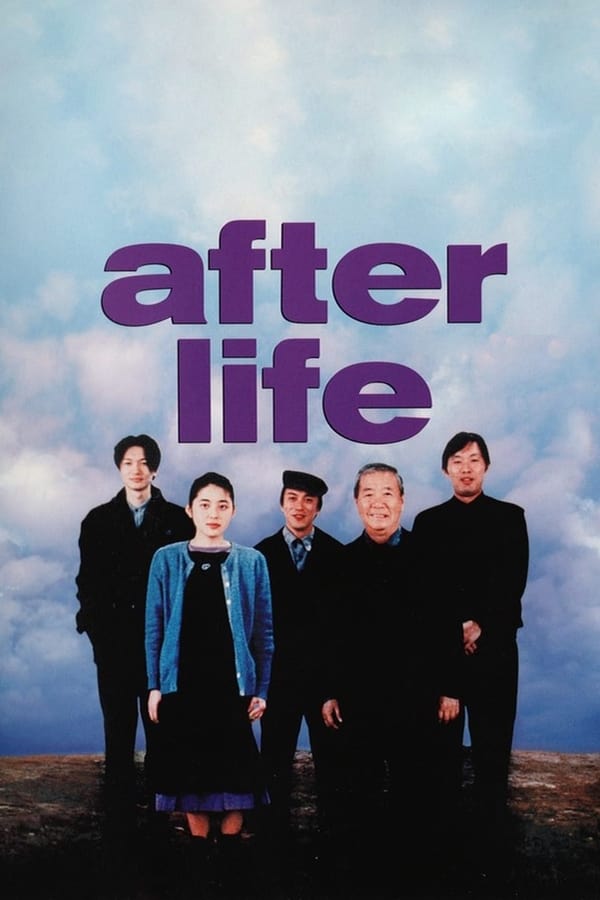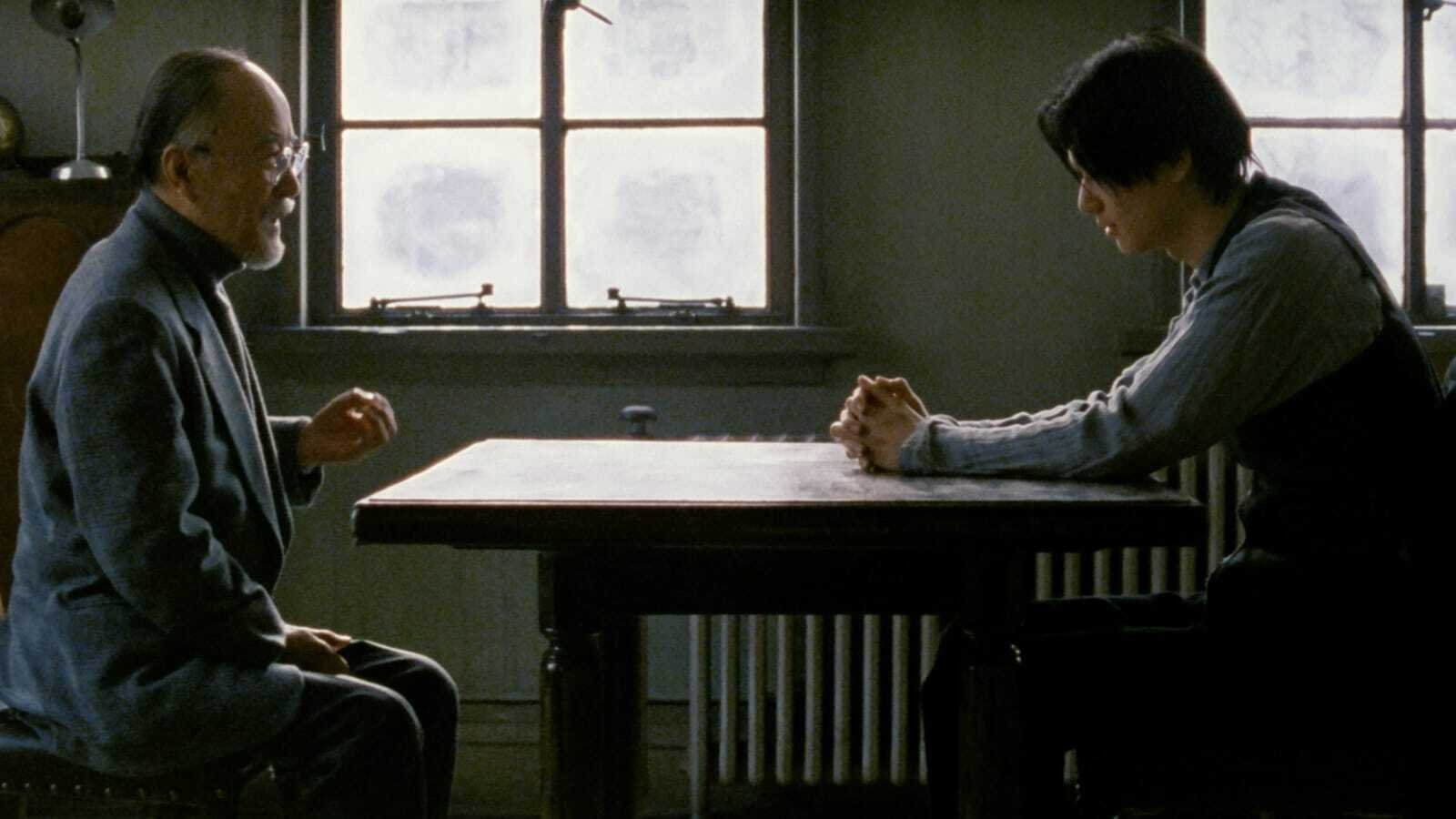逆噴射家族
Directed by Sogo Ishii and released on June 23, 1984, "The Crazy Family" (Gyakufunsha Kazoku) is a darkly satirical masterpiece that chronicles the psychological unraveling of the Kobayashi family. After escaping their cramped apartment life, father Katsuhiko fulfills his 20-year dream of purchasing a suburban home. The family initially appears perfectly stereotypical: a diligent father, a cheerful mother Saeko with an peculiar attachment to houseplants, a son Masaki obsessively studying for Tokyo University entrance exams, and a daughter Erika pursuing idol stardom. Their suburban dream transforms into a nightmare when their grandfather Yasukuni, expelled from his previous residence, moves in. This catalyst, combined with a termite infestation, triggers a spectacular descent into collective madness.
My Opinion
The film stands as a brilliant deconstruction of Japan's post-war middle-class aspirations, masterfully blending savage social commentary with surrealist dark comedy. Ishii's direction creates an escalating symphony of chaos that mirrors the psychological deterioration of its characters with technical precision and artistic flair.
The film's genius lies in its layered metaphors: the termites literally and figuratively eating away at the family's foundation, the grandfather's presence representing the intrusion of Japan's war-era past into its modern suburban dreams, and Katsuhiko's manic home improvements symbolizing the destructive nature of perfectionist ambition. Each character embodies different aspects of societal pressure - academic success, entertainment industry dreams, domestic perfection - taken to absurdist extremes.
The film's visual progression from ordered suburban tranquility to complete chaos is particularly noteworthy. Masaki Tamura's cinematography perfectly captures this descent, with increasingly unstable camera work matching the family's mental state. The decision to end with the family living under a bridge after destroying their home delivers a powerful critique of the materialistic dreams that defined Japan's economic miracle era.
Through its unhinged narrative and bold artistic choices, "The Crazy Family" transcends its specific cultural context to become a universal commentary on family dynamics, societal expectations, and the price of pursuing idealized lifestyles. It remains a landmark film that perfectly balances entertainment with incisive social criticism, making it as relevant today as it was in 1984.
Watch the Trailer

